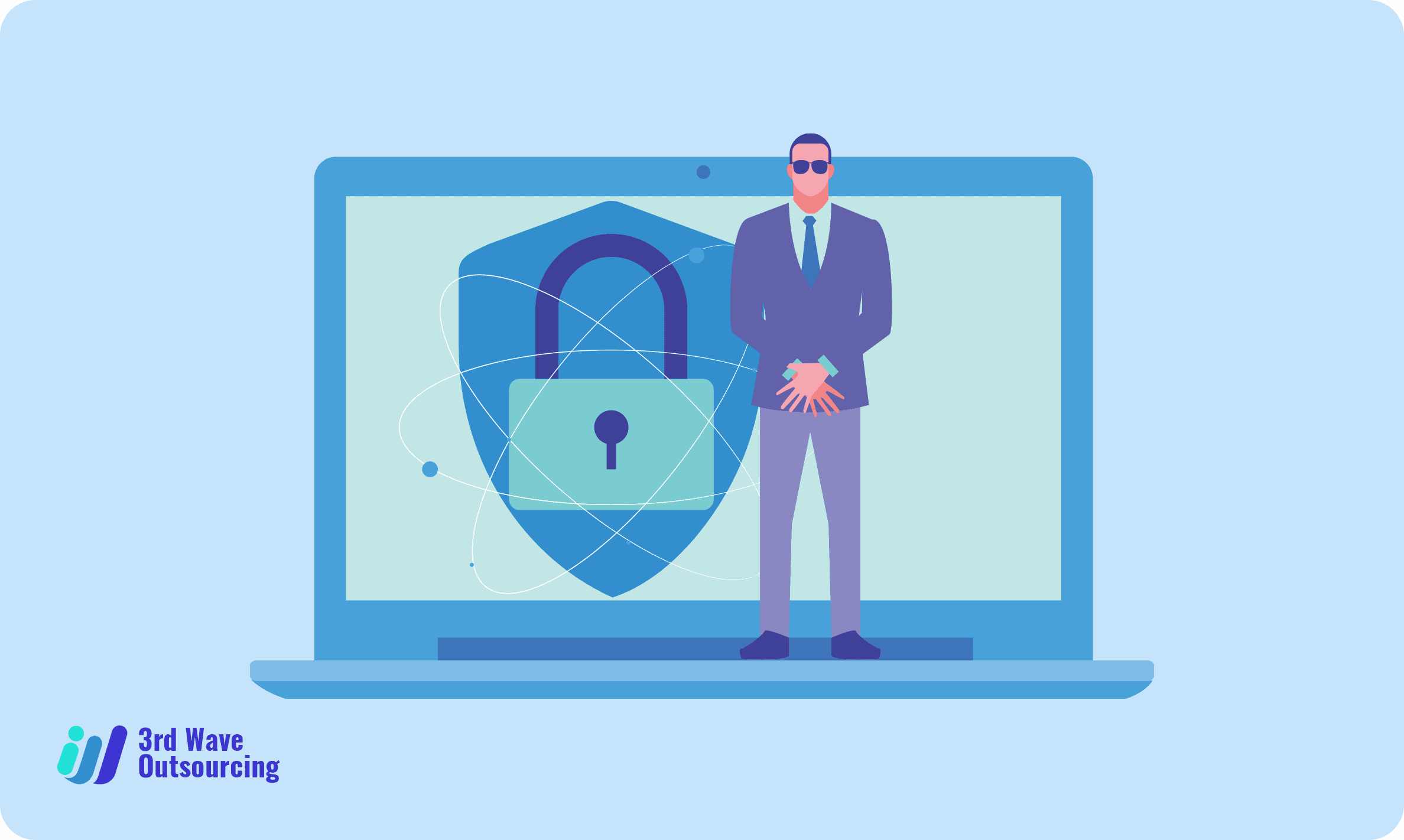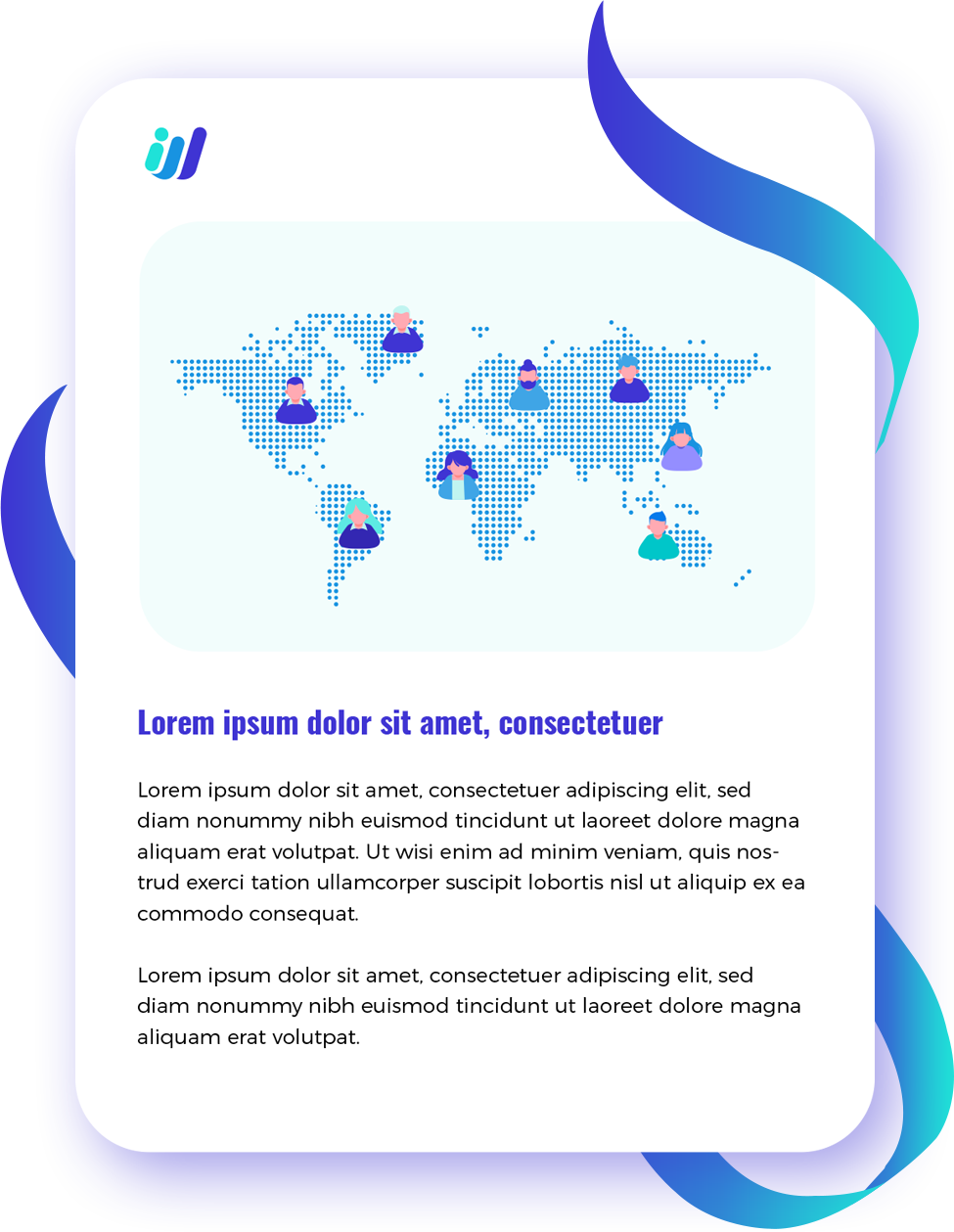The outsourcing landscape has undergone a significant evolution. The Third Wave of Outsourcing, marked by a focus on culture, talent, and collaboration, has opened up unparalleled opportunities for businesses to access top-tier skills globally. However, this new era also brings a heightened need to prioritize data privacy and security. In this article, we delve into the critical importance of safeguarding data in the Third Wave of Outsourcing, offering actionable strategies and insights to protect your valuable information assets.
Understanding the Stakes: Data Security in a Globalized Landscape
The digital age has made data an invaluable asset, driving innovation, decision-making, and competitive advantage. Yet, the same digital interconnectedness that fuels business growth also exposes organizations to significant risks. Cybercrimes, ranging from hacks and data breaches to sophisticated ransomware attacks, can inflict devastating financial and reputational damage. In 2020 alone, cybercrime losses reached nearly $600 billion globally, a staggering figure representing 0.8% of the world’s GDP.
In the context of outsourcing, these risks are amplified. When businesses entrust sensitive data to third-party service providers, they inherently expand their attack surface. A breach at an outsourced partner can compromise customer information, trade secrets, financial records, and other confidential data, leading to legal repercussions, customer churn, and a loss of trust that can be difficult to repair.
The Third Wave of Outsourcing: A New Paradigm for Data Security
The Third Wave of Outsourcing, characterized by a distributed workforce and a reliance on cloud technologies, demands a rethinking of traditional data security approaches. The emphasis on cultural fit and collaboration, while fostering innovation, can also introduce vulnerabilities if not managed carefully. It is crucial to recognize that data security is not just a technical issue; it’s a core business imperative that needs to be integrated into every aspect of outsourcing partnerships.
Key Strategies for Data Privacy and Security in the Third Wave of Outsourcing
- Prioritize Data Ownership and Control:
Before engaging with any third-party service provider, establish clear ownership of your data. Review contracts meticulously to ensure you retain full control and the ability to export data seamlessly. This empowers you to make informed decisions about data usage and storage, reducing reliance on a single provider.
- Demand Transparency and Compliance:
Transparency is non-negotiable. Insist on detailed documentation outlining the service provider’s security measures, including their infrastructure, data handling practices, incident response plans, and compliance certifications. SOC 2 (Service Organization Control 2) compliance, a rigorous auditing standard for data security and privacy, is a benchmark you should expect from reputable providers.
- Embrace Cloud Data Security Best Practices:
Cloud technologies are integral to the Third Wave of Outsourcing, offering scalability and flexibility. However, they also introduce unique security challenges. Implement robust cloud data security practices, such as encryption, access controls, regular backups, and continuous monitoring, to protect your data from unauthorized access and potential breaches.
- Foster a Culture of Security:
Data security is a shared responsibility. Ensure that both your internal team and outsourced partners understand the importance of safeguarding data. Establish clear security policies and procedures, conduct regular training sessions, and encourage open communication channels for reporting potential threats.
- Implement a Layered Defense:
A multi-layered approach to cybersecurity is essential. Combine technical safeguards, such as firewalls, intrusion detection systems, and antivirus software, with administrative controls like strong passwords, user access management, and regular security audits. This creates a comprehensive defense mechanism that minimizes vulnerabilities.
- Adapt to Evolving Threats:
Cyber threats are constantly evolving. Stay informed about the latest trends and attack vectors through industry publications, threat intelligence reports, and cybersecurity forums. Regularly update your security measures, patch vulnerabilities promptly, and adapt your strategies to counter emerging risks.
Conclusion
The Third Wave of Outsourcing offers immense potential for businesses to thrive in the digital age. However, the success of these partnerships hinges on a robust data privacy and security framework. By proactively addressing data ownership, demanding transparency, embracing cloud data security best practices, fostering a security-conscious culture, implementing a layered defense, and adapting to evolving threats, you can confidently navigate the complexities of the Third Wave while safeguarding your most valuable assets.
Remember, data security is not just a checkbox on your outsourcing checklist; it’s an ongoing commitment to protect your business, your customers, and your reputation in an increasingly interconnected world.
Let us help you find top talents in IT, technical support, digital marketing, and cloud services so you can leverage all the benefits of outsourcing in the new normal. Request a FREE copy of the e-book on Third Wave Outsourcing.


